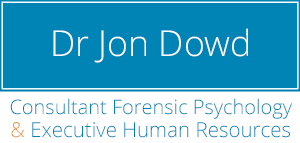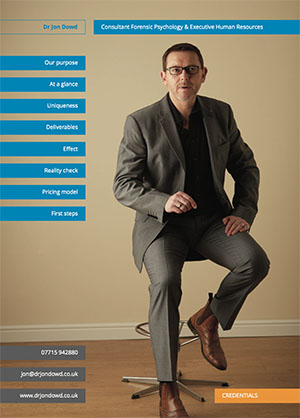Wealth awareness erodes loyalty - who can you trust?
Monday, June 06, 2016

Evidence is emerging to support a theory - those who are exposed to perceptions of wealth that’s not theirs, may succumb to immoral behavioural decision-making that, in time, may cause them to behave badly towards their employers or those that need to trust them.
Past research has already shown that reminders of money and materialism encourage us to be more selfish and less helpful, presumably because of the connotations of competition and self-sufficiency. The consistent finding across the studies was that people were far less likely to help if they'd just been shopping in a luxury store or even if they just happened to be walking along a street with an abundance of luxury stores. "Materialistic reminders may have increased self-enhancement and competitive values," the researchers said, "which in turn would decrease trusting and benevolent behaviour, and a sense of being concerned about and connected to other people." (Social Influence Volume 11, Issue 2, 2016 - “Wrong place to get help”: A field experiment on luxury stores and helping behaviour)
Forensic psychologists recognise the true personality traits that may create the potential for envy and the desire for self-enhancement; these personality traits will ultimately create behaviours that will abuse trust:
• Impulsive nature
• Anti-social tendencies
• Poor stress coping styles
All of these personality traits and characteristics can be clearly understood by psychological experts.
Whether you’re a HNWI yourself or a professional seeking to source key individuals for the Family Office or HNWI clients, this research should make you reflect on whether you are actually protecting yourself and your clients from poor recruitment practices.
Unseen risk
Tricky. The personality traits listed above are rarely to never revealed during normal recruitment methods. This is because we, as human beings, know that they’re perceived as negatives traits… so we hide them. Hiding our true nature is something that people are worryingly good at!
So, how is it possible to ‘read’ the minds of those we seek to place in positions of high authority or who we’d like to entrust our most valuable and precious things to? The answer, which has previously been unavailable to the HNWI and Family Office sector, is expert Forensic Psychological assessment.
Dr Jon Dowd Ltd has made available to the limited few - expert Forensic assessment services that seek to understand how psychologically robust and suitable for specific roles people actually are.
For 30 years, Dr Jon Dowd himself has offered expert witness opinions in 1000s of court cases involving risk to people or their most treasured things.
So when your recruitment specialist, CEO or friend offers you a recommendation for an important role within your world, and claims to understand the candidate’s personality or mind set… ask yourself HOW? Because if it isn’t due to expert psychological understanding and assessment, then they can’t possibly know.
Wrongly recruiting for HNWIs can equate to life-or-death for a business, in reputation or financial position - so why then does any recruitment process do less than EVERYTHING?








0 comments